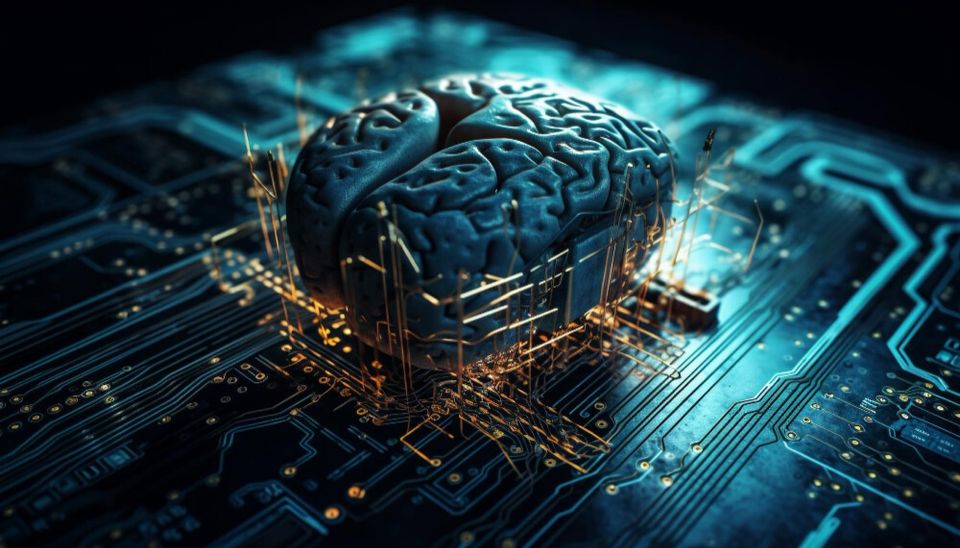The Future of Artificial Intelligence: Opportunities and Ethical Considerations

Artificial Intelligence (AI) has become an integral part of our lives, transforming industries and revolutionizing the way we interact with technology. As AI continues to advance at an astonishing pace, it brings forth a multitude of opportunities and raises crucial ethical considerations. In this blog, we will delve into the future of artificial intelligence, exploring the potential it holds across various sectors and shedding light on the ethical dilemmas that need to be addressed.
AI in Healthcare
AI presents immense opportunities in the healthcare industry. From early disease detection and accurate diagnosis to personalized treatment plans and drug development, AI-powered technologies can significantly improve patient outcomes. However, ethical considerations arise concerning data privacy, bias in algorithms, and the responsibility to ensure AI augments rather than replaces human judgment and compassion.
Automation and Job Market
The increasing automation driven by AI has implications for the job market. While it eliminates repetitive tasks and enhances productivity, it also raises concerns about job displacement. It is vital to find a balance between technological advancements and creating new job opportunities or reskilling the workforce to adapt to the changing landscape.
Ethical AI Development
Developing AI systems with ethical considerations is paramount. Addressing bias in algorithms, ensuring transparency, and incorporating accountability mechanisms are vital to prevent discrimination and promote fairness. Striking the right balance between innovation and responsible AI development will be key to maximizing the benefits of AI while minimizing potential harms.
AI and Personalization
AI enables personalized experiences and tailored recommendations in various domains, such as marketing, entertainment, and education. This customization enhances user satisfaction but raises concerns regarding privacy, data security, and potential manipulation of personal preferences. Safeguarding user privacy and ensuring informed consent will be critical to maintain trust in AI systems.
AI and Decision-Making
AI's ability to analyze vast amounts of data and make autonomous decisions poses ethical challenges. Ensuring transparency and explainability of AI algorithms is essential, especially in sectors such as finance, criminal justice, and autonomous vehicles, where decisions can have significant impacts on individuals' lives. Accountability and human oversight should be embedded to prevent unjust or biased outcomes.
AI and Social Impact
The social impact of AI extends beyond individual sectors. It has implications for equity, privacy, and societal well-being. Striving for inclusive AI that benefits all sections of society is crucial, as well as actively addressing issues such as algorithmic bias, access to AI technologies, and the digital divide.
Collaboration and Regulation
Given the complex nature of AI, collaboration among stakeholders is vital. Governments, industry leaders, researchers, and ethicists must work together to develop regulatory frameworks and guidelines that promote responsible AI development, ensure data protection, and address societal concerns. International cooperation can harmonize standards and prevent a fragmented AI landscape.
Ethical Education and Awareness
Promoting ethical education and awareness regarding AI is essential for individuals and organizations. Understanding the potential risks, benefits, and ethical considerations associated with AI can empower individuals to make informed decisions, shape policies, and actively participate in discussions about its future.
Conclusion:
The future of artificial intelligence is brimming with possibilities, offering tremendous opportunities for innovation and progress. However, it is crucial to navigate this transformative landscape responsibly and ethically. By embracing the potential benefits of AI while proactively addressing ethical considerations, we can shape a future where AI enhances human capabilities, respects fundamental rights, and fosters a fair and inclusive society. The journey towards the future of AI is a collective responsibility, requiring collaboration, vigilance, and a commitment to prioritizing the well-being of humanity.


Comments ()